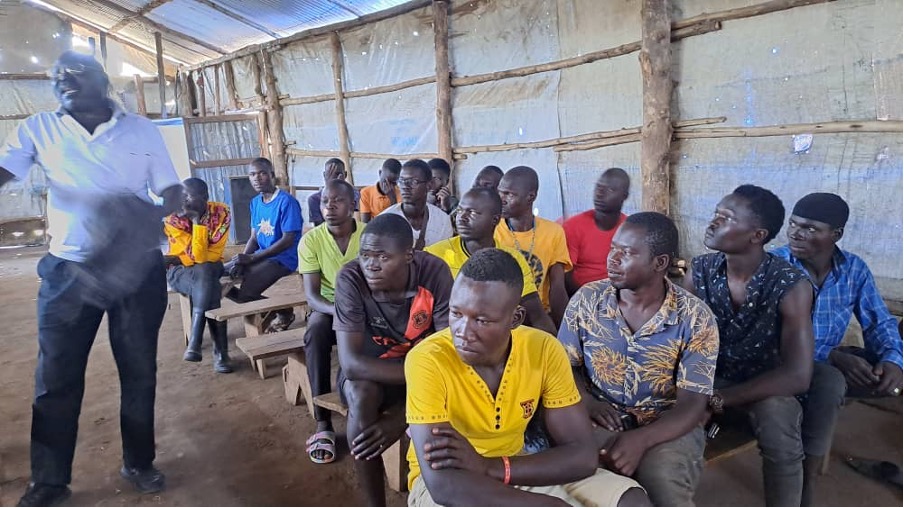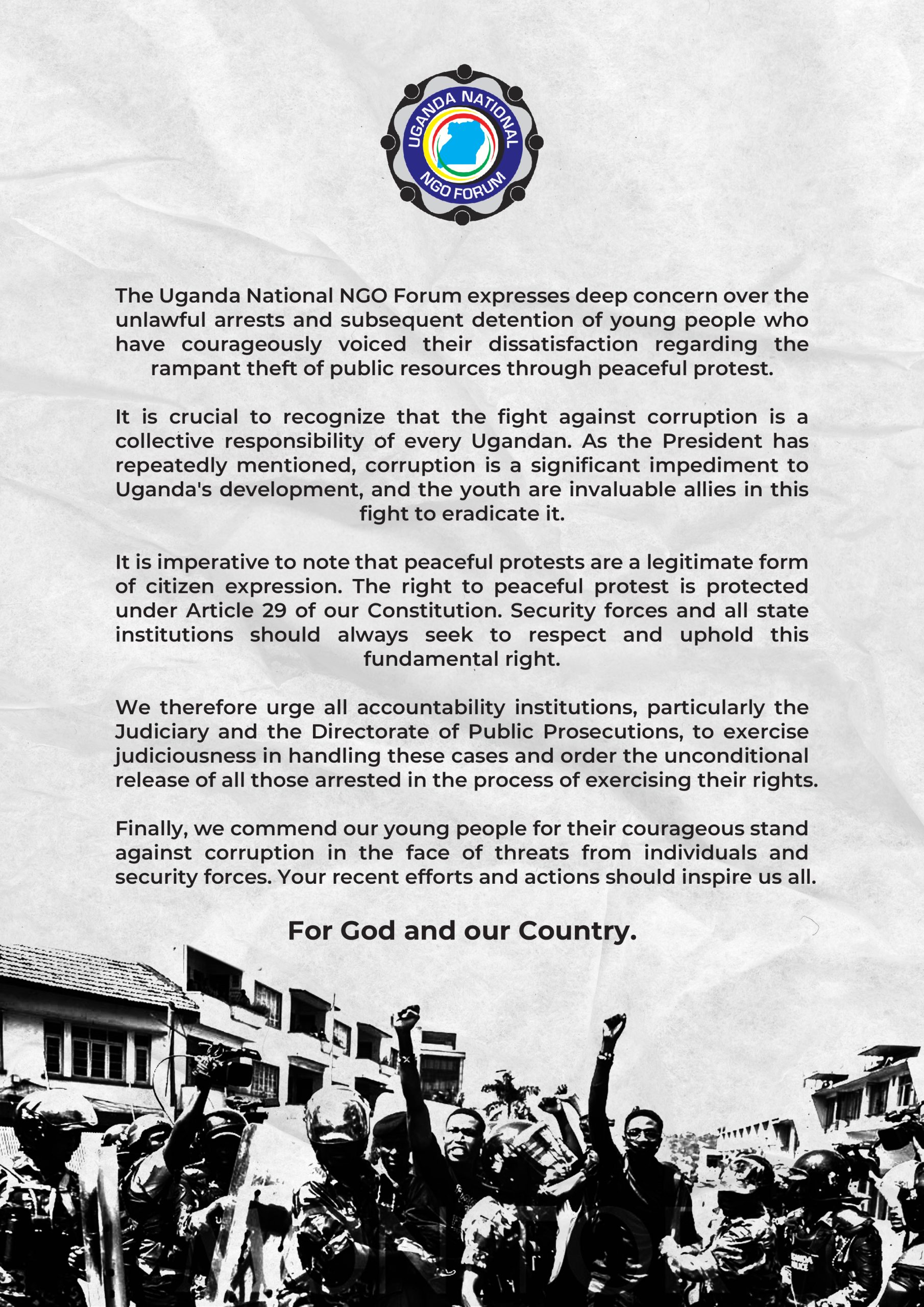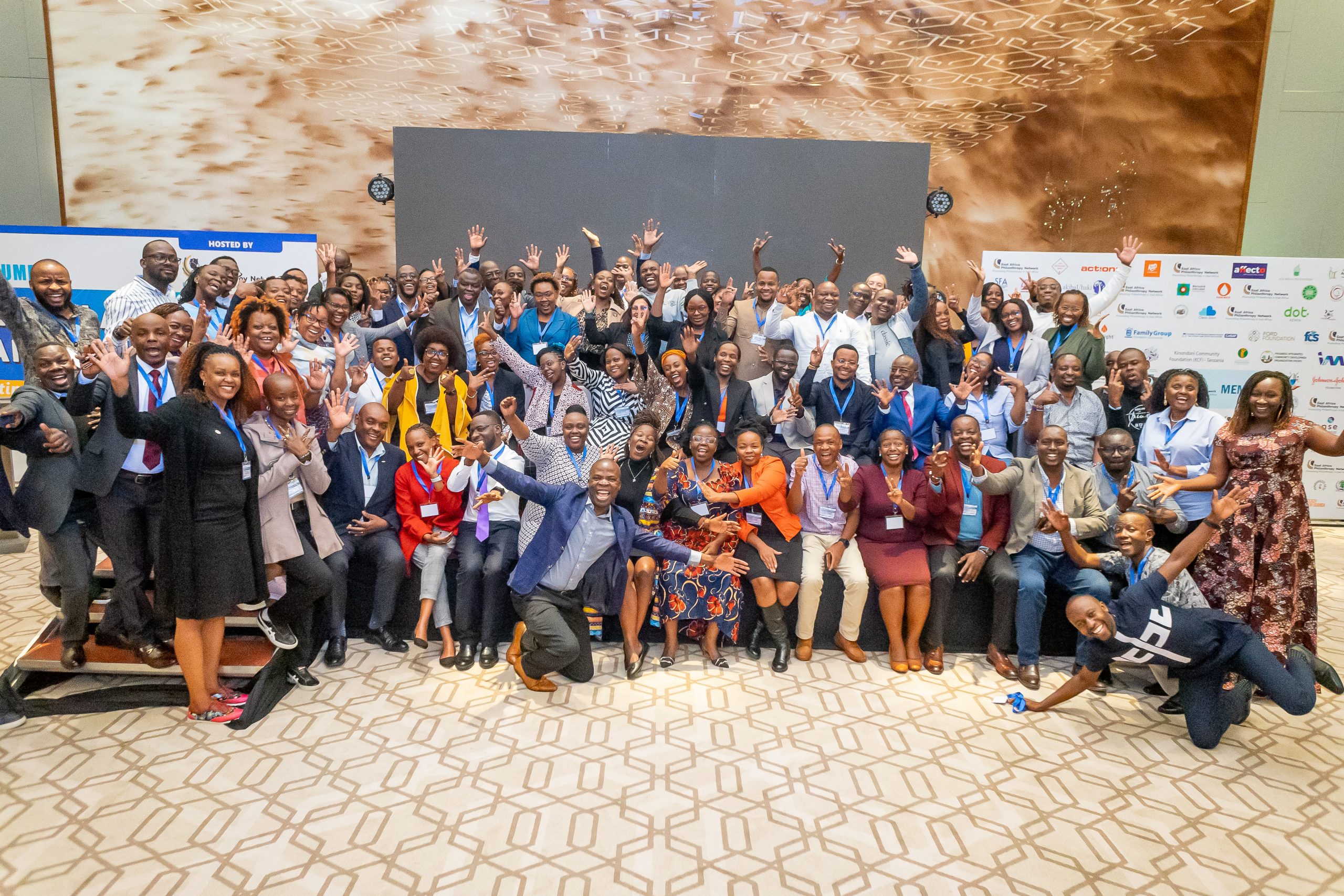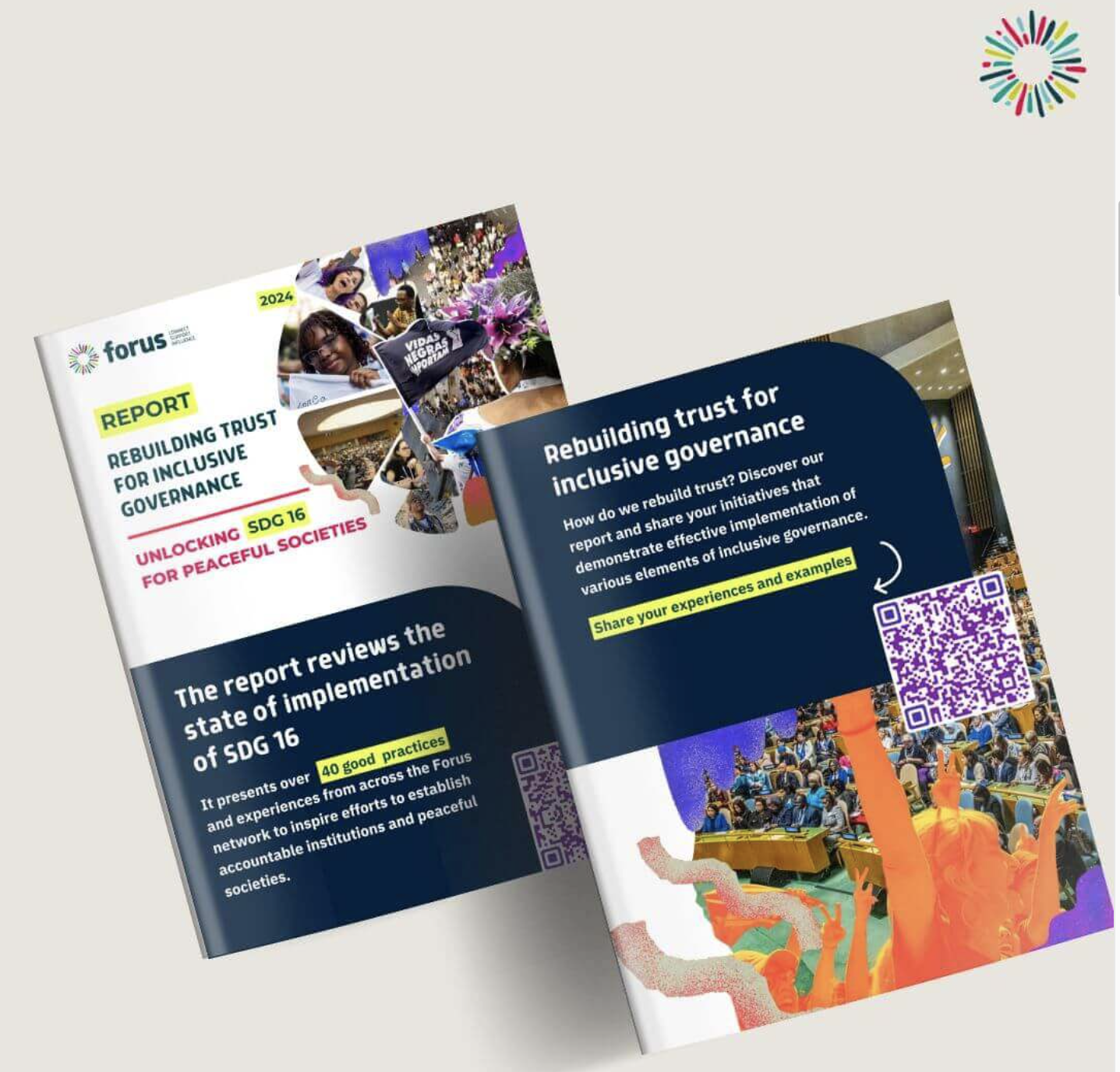
Are Hand Washing Practices a Preserve for Transmissible Disease Outbreaks? WECISNET Spearheads Sanitation Awakening in Yumbe District.
Community conversations about service delivery are a cornerstone of empowerment and active involvement among residents. Such engagements provide a forum for voicing community needs lamentations and proposals, ensuring services are bespoke to the community’s distinct priorities. This interactive method heightens the responsiveness of service delivery and fosters community ownership and participation, thereby improving the services’ effectiveness and community satisfaction.
On March 15, 2024, the West Nile Civil Society Network (WECISNET), our member and partner, led a Topowa Forum conversation with the Rodo Boda Boda group focusing on Sanitation and Hygiene at Kei Primary School in Kei Sub-County, Yumbe District. The discussion brought to light a critical concern: the dire shortage and lack of handwashing facilities near restrooms. Kei Primary school is just one example within the district. This deficiency severely hampers learners’ ability to maintain hand hygiene, especially during the mango season when the risk of transmissible diseases such as cholera is heightened.
The single existing handwashing facility, a legacy of the COVID-19 pandemic era, is the only operational one. This fact stresses the imperative need for lasting sanitation solutions to safeguard the health and future of young children in the school.
The community dialogues help to identify service delivery deficiencies in service delivery like accessing water to uphold hygiene in health facilities and schools.
Building trust between service providers, local authorities, decision makers and their constituencies, community dialogues are essential to encourage community oversight and collective service enhancement efforts for improved accountability and transparency in their localities. Emphasising such community discussions guarantees innovative, culturally sensitive, and enduring solutions from a collective yet diverse perspectives. The attention of decision makers is also drawn to community pressing concerns which informs planning and budgeting hence meeting the evolving needs of the community, underpinning inclusive and sustainable development in the community. The TOPOWA Forum model is being implemented by the Uganda National NGO Forum under the “Strengthening Grassroot Social Accountability” a 3 – year project funded by the European Union. The fora comprise of community organised structures e.g. “Boda Boda” riders’ associations, women market vendors’ associations, the elderly associations, People with Disabilities (PWDs), youth associations, the “Mothers’ Union”, business associations, among others. These have a membership between 20 to 30 people who converge quarterly to discuss community concerns for redress by duty bearers.



